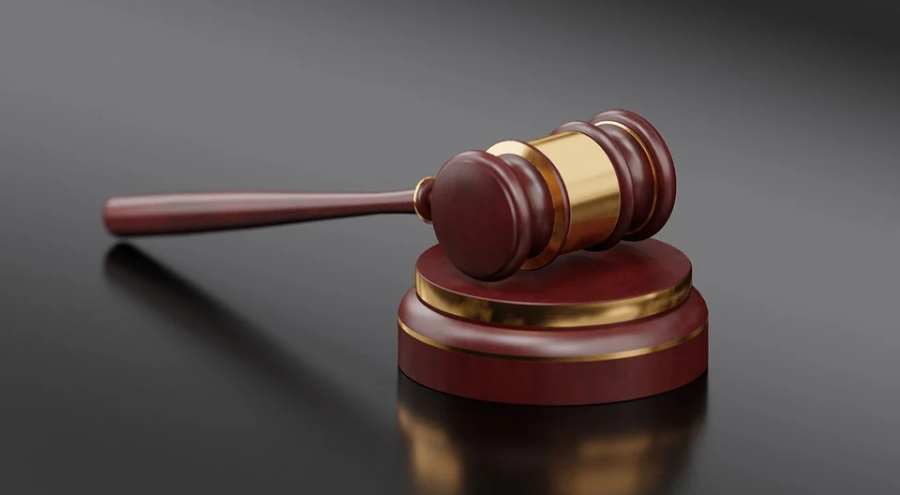Supreme Court Hears Arguments on Abortion Law
QuinceCreative
Texas abortion providers and the Justice Department brought legal challenges to the Supreme Court. Several political officers spoke in favor or against the challenge, and the conclusion of the trial shows that the challenge may be allowed to proceed.
November 26, 2021
On Monday, Nov. 1, the Supreme Court heard two legal challenges regarding the recent Texas abortion legislation. Senate Bill 8, also known as the Texas Heartbeat Bill, outlaws nearly all abortions by banning procedure after the detection of a fetal heartbeat, which can occur as early as the sixth week of pregnancy. The legislation is notable in that it relies on private citizens to sue, for at least $10,000, anyone who “aids or abets” an abortion. The arguments heard focused on people’s rights to challenge the law in court rather than the right to get an abortion itself.
“I’ve got a stack of lawsuits on my desk,” Texas Senator Bryan Hughes, the author of the bill, said. “We wrote this bill knowing it will be challenged and we believe it complies.”
The first challenge, Whole Woman’s Health v. Jackson, came from abortion providers in Texas. Marc Hearron, senior counsel for the Center for Reproductive Rights, represented this case. He asserted that the Texas legislature was prohibiting the exercise of constitutional rights while evading effective judicial protection of those rights in court.
“The combined effect is to transform the state courts from a forum for the protection of rights into a mechanism for nullifying them,” Hearron said. “To allow Texas’s scheme to stand would provide a roadmap for other states to abrogate any decision of this Court with which they disagree.”
The second challenge, United States v. Texas, came from the Justice Department. Prior to the hearing, the Supreme Court had rejected requests from abortion providers to temporarily prohibit the enforcement of the ban in a 5-4 vote. A federal district court did fulfill this request, but the ruling was soon suspended by the U.S. Court of Appeals for the Fifth Circuit. This culminated in the Department of Justice asking the Court to reinstate the district court’s decision. The advocates asserted that the United States should be able to sue the State of Texas to prohibit enforcement of unconstitutional laws.
“S.B. 8 is a brazen attack on the coordinate branches of the federal government,” United States Solicitor General Elizabeth Prelogar said. “It’s an attack on the authority of this Court to say what the law is and to have that judgment respected across the 50 states.”
Judd Stone II, the Texas solicitor general, argued on behalf of the state for both cases. He argued that it was unconstitutional for the federal government to to prevent state courts from hearing cases concerning the bill.
“Texas does not suppress any substantive right by saying that it prefers to see certain kinds of challenges brought through the state court system,” Stone said.
During the trial, at least two of the justices who had allowed the law to be enforced – Amy Coney Barrett and Brett Kavanaugh- seemed to be leaning toward allowing the legal challenge to proceed. Barrett said one couldn’t get the same kind of global relief “from the prospect that the statute would be enforced against you” in state courts that a challenge in federal courts would give you. Kavanaugh, in alignment with Hearron’s argument earlier, cited the amicus brief of the Firearms Policy Coalition, bringing up the point that the enforcement of this bill could lead to constitutional breaches in other states.
“[The affected rights] could be free speech rights. [They] could be free exercise of religion rights. [They] could be Second Amendment rights,” Kavanaugh said.
Overall, the results of the trial seem to signal that the Supreme Court will let the providers pursue their challenge to the bill. The next trial will be on Dec. 1, when the court is scheduled to hear a case on Mississippi’s ban on abortions after 15 weeks of pregnancy.



